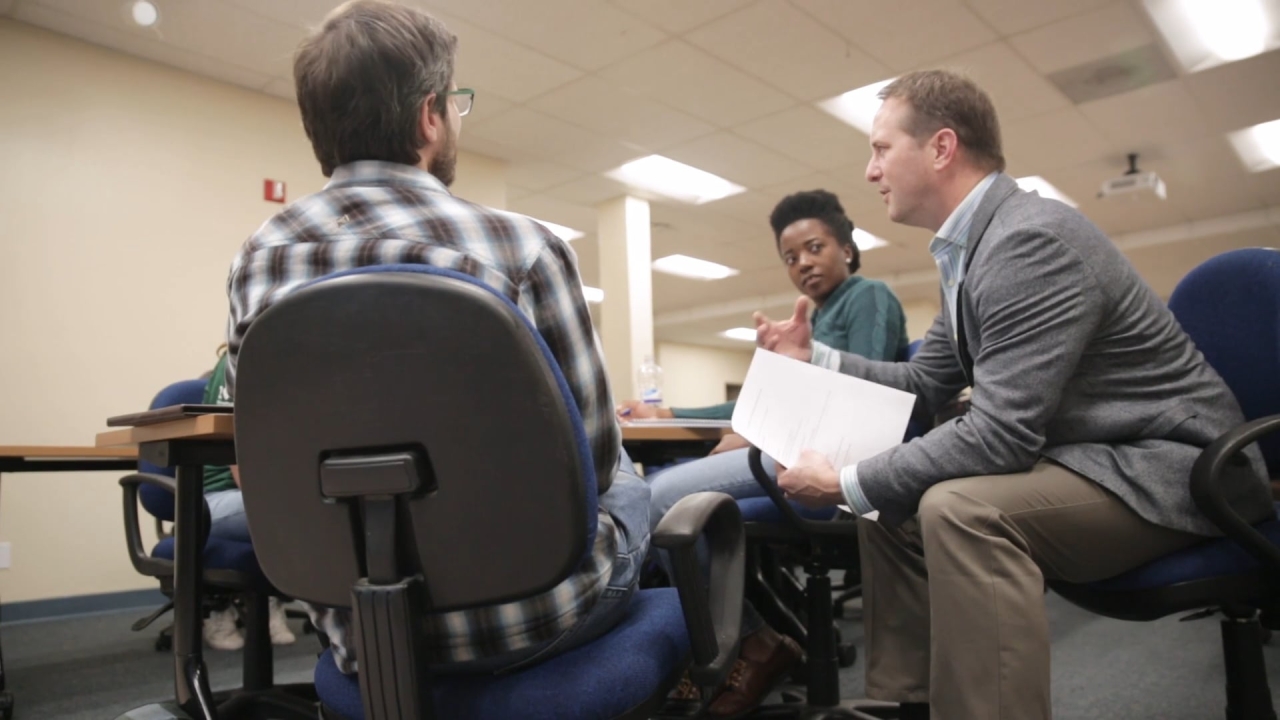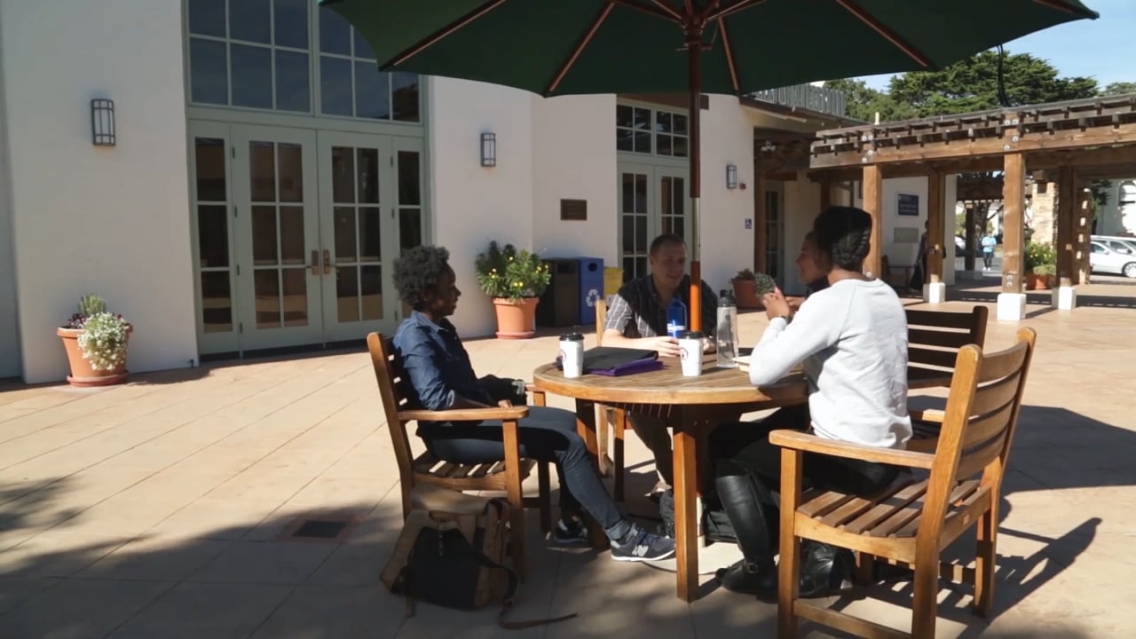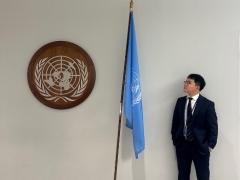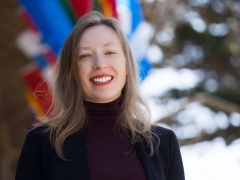From Nepal to New York City, Students Complete Practicum Projects This Fall
| by Julia Tucker
Almost 50 Middlebury Institute students are practicum this semester spending their time and gaining invaluable skills in locations all over the globe from Alaska to Kenya.






